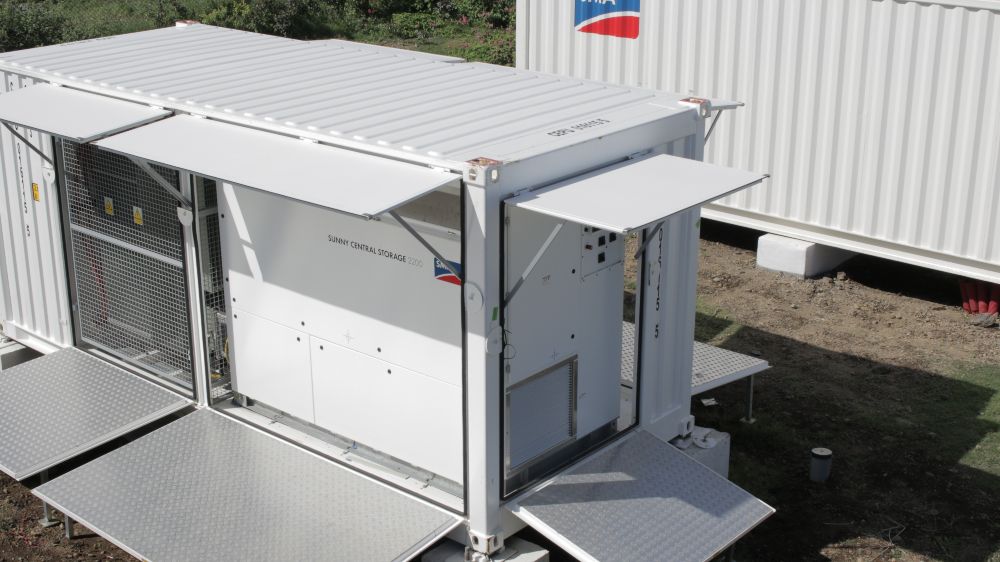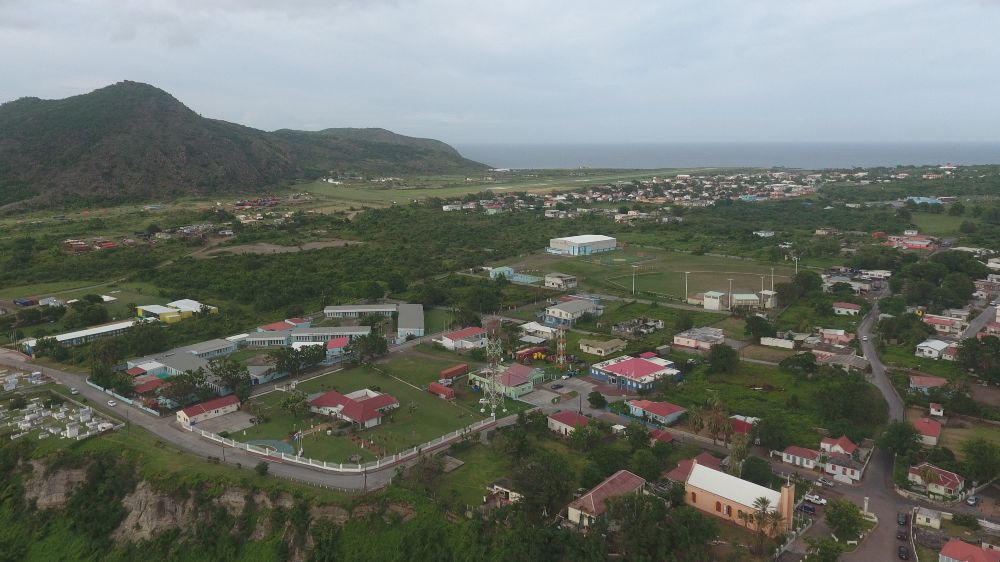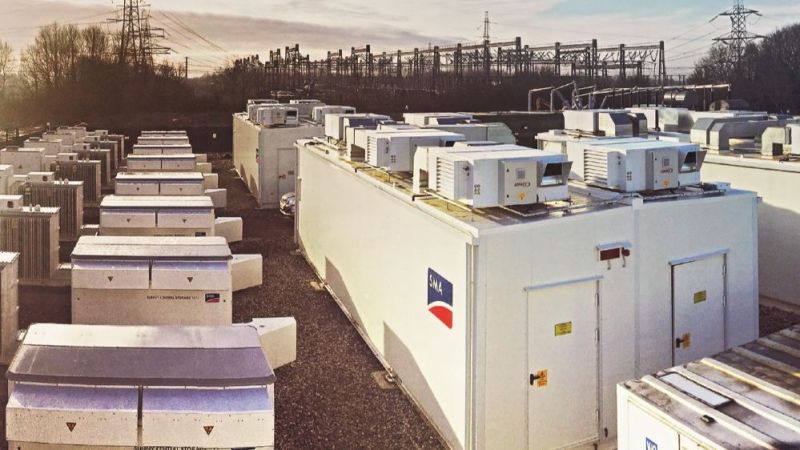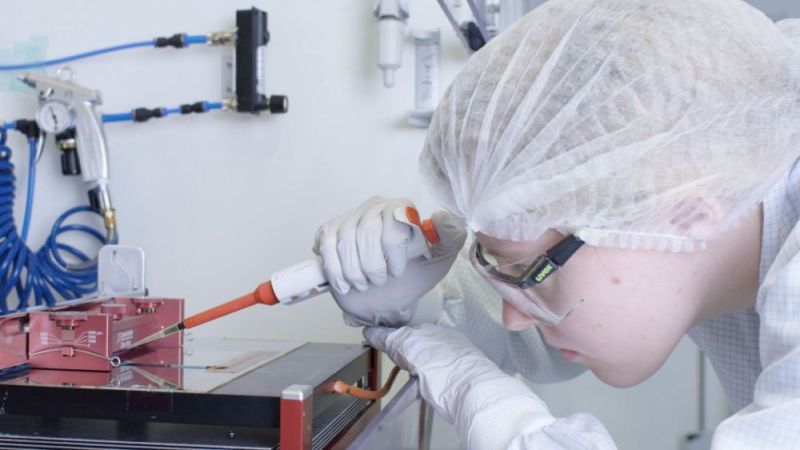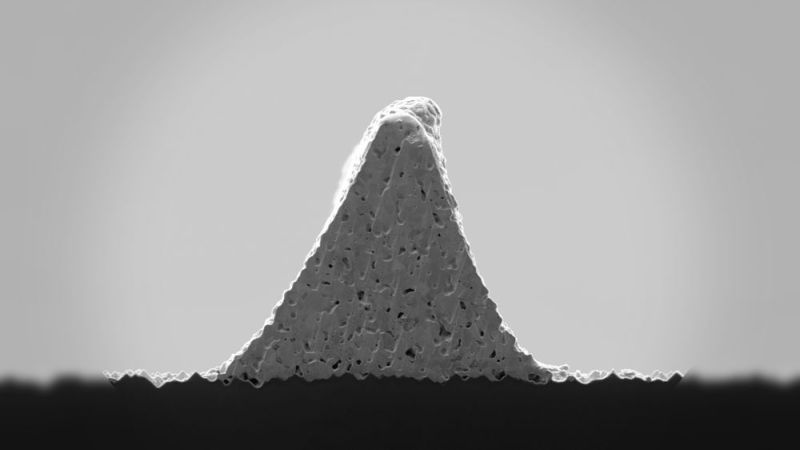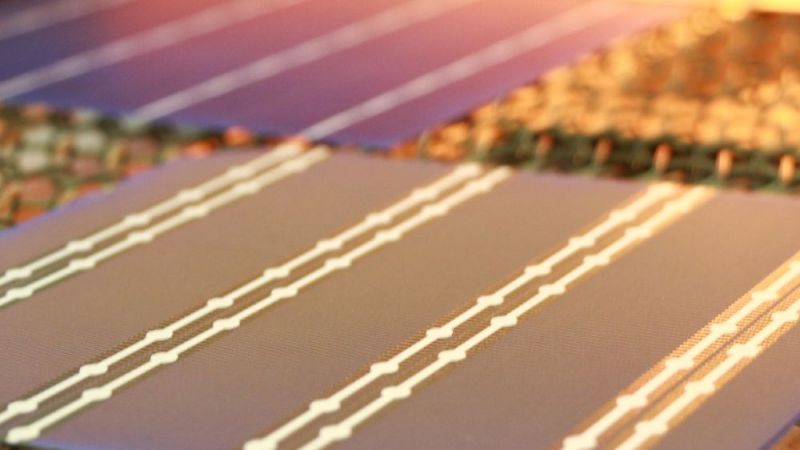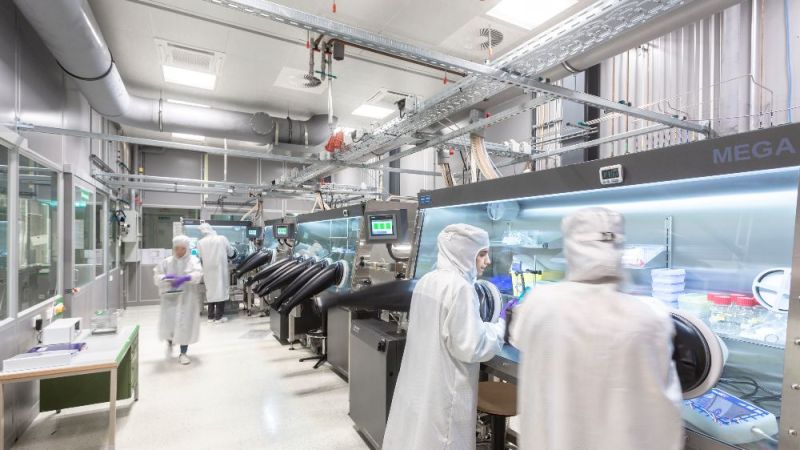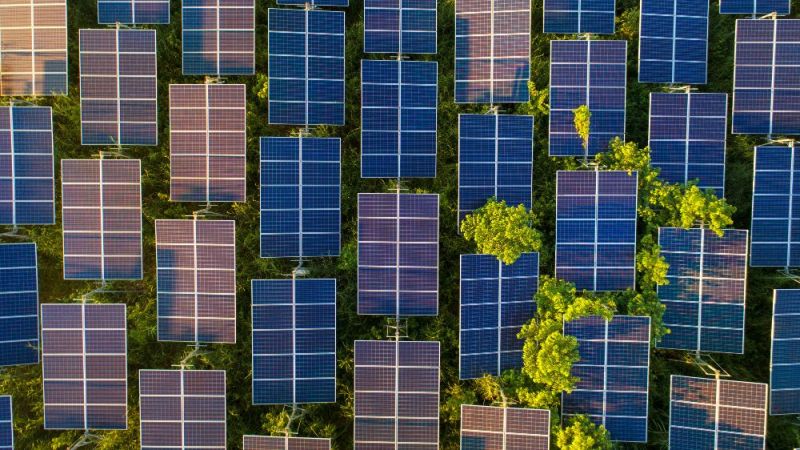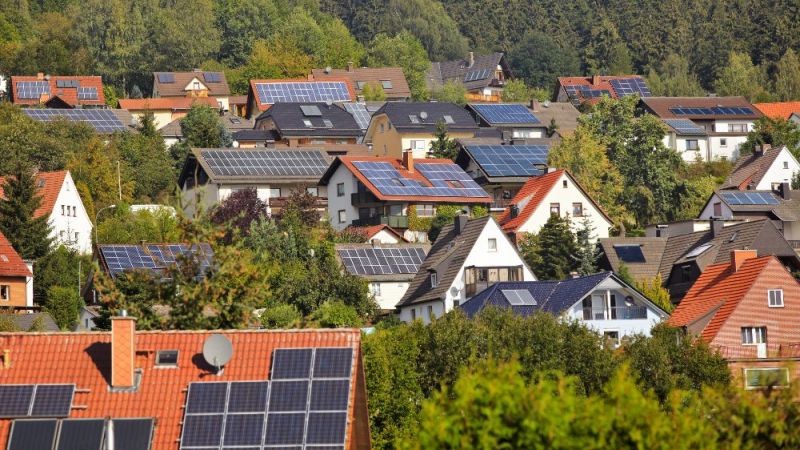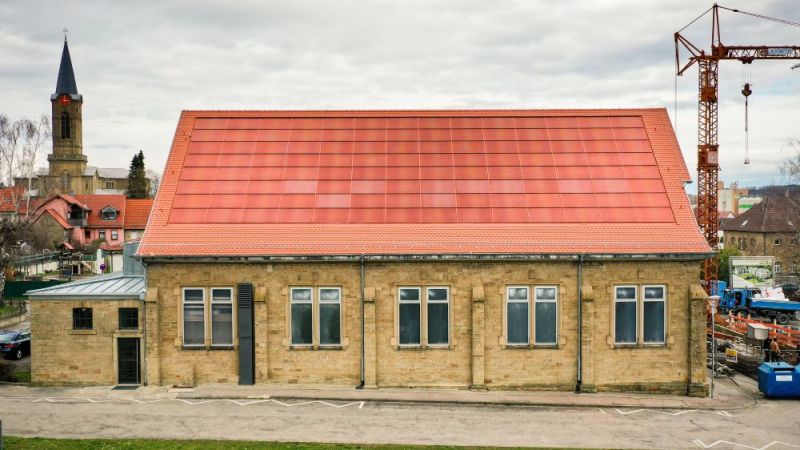Photovoltaics
Using PV electricity – saves costs for diesel fuel
Worldwide, diesel generators supply electricity to regions without a grid connection, such as villages, islands and industrial plants. PV electricity is now much cheaper to produce and an economically attractive solution for these regions. This offers the opportunity to supplement or as far as possible replace electricity generation by diesel generators with PV electricity in off-grid areas. Scientists from the PV-Diesel project first developed the technical principles and then, based on these, suitable system modules. These include a large grid-forming battery inverter in the megawatt class and a PV-diesel hybrid controller.
Project context
The established market for diesel generators needs to be renewed or replaced by sustainable energy supply systems, preferably photovoltaics. Low-cost PV electricity is creating an attractive future market for this technology, particularly in the Earth's sunbelt, but also increasingly beyond these regions. This offers the opportunity to replace diesel fuel with environmentally friendly solar power. PV hybrid systems, an intelligent combination of renewable energies, storage systems and diesel generators, enable a sustainable and secure energy supply.
Research focus
The aim of the research project is to develop the economic and technical potential for photovoltaics and to substitute diesel fuel with solar power. To this end, scientists are initially investigating and optimising the interaction of photovoltaics with diesel generators in combination with battery storage systems. This requires suitable system solutions as well as compatible and standardised components for the entire range of systems. The processes and components must not only be reliable, but also cost-effective. This necessitates tailored system modules (PV and battery inverters), compatible interfaces, innovative control systems and design procedures, as well as scientific proof of functionality, reliability and cost-effectiveness in operation.
Innovation
A robust and grid-forming battery inverter in the megawatt class as well as a special PV-diesel hybrid controller was successfully realised as a central regulation and control system and was successfully tested in the real application of a large island grid.
Results
In the research project coordinated by SMA (Solar Technology), the project partners from research and industry, together with the diesel systems specialist MWH Märkisches Werk, Fraunhofer IEE and ISE, as well as the Cologne and Reutlingen Universities of Applied Sciences, have researched the necessary foundations for universally applicable, scalable PV-diesel power plants in the multi-megawatt class. They are suitable for worldwide use for substituting diesel with photovoltaics.
All tests of the new system solutions developed were successful. Their use in practical operation will be technically and economically possible in future. The research results have shown that conventional diesel power plants can be replaced on a large scale by solar power plants, which can significantly reduce diesel fuel consumption.
Sustainable power supply on the Caribbean island of St. Eustatius
The developed technology solutions were tested by the research teams in real supply operations on the Caribbean island of St. Eustatius (4000 inhabitants). It was found that the system meets and, in some cases, even exceeds the expectations and wishes. For example, the diesel generator can be switched off completely for some of the time. The robust behaviour – even in the event of faults – guarantees an uninterrupted power supply. If the operator switches off the diesel generator, the inverter starts automatically (successfully verified, for example, by the diesel emergency stop test and short-circuit test in grid feeders). The operation of the pilot plant demonstrates that the power supply is also of a high grid quality from an economic point of view. During continuous operation of the plant, the project partners demonstrated that the solar coverage increases considerably.
Practical transfer
The new solutions and devices developed during the course of the research project, as well as the acquired know-how, have since been converted by the researchers into application-suitable product solutions. The new technology is already being used in the first pilot plants. Despite the cost-effectiveness already given in many projects, this new market segment is only slowly developing. The necessary confidence in the maturity of the new technology must first be built up. In particular, this means that the new solutions must prove themselves in long-term continuous operation and work reliably.
The work offered the researchers a variety of starting points for identifying further R&D work. An interesting approach is to include large wind farms and to create the grid technology for a spatially distributed feed-in. These further developments will make it possible to reduce costs and expand the areas of application.
The findings and solutions gained also offer important approaches for research work on future, power converter-dominated interconnected grids that will be operated with 100 per cent renewable energies.
Last updated: 08.03.2019


